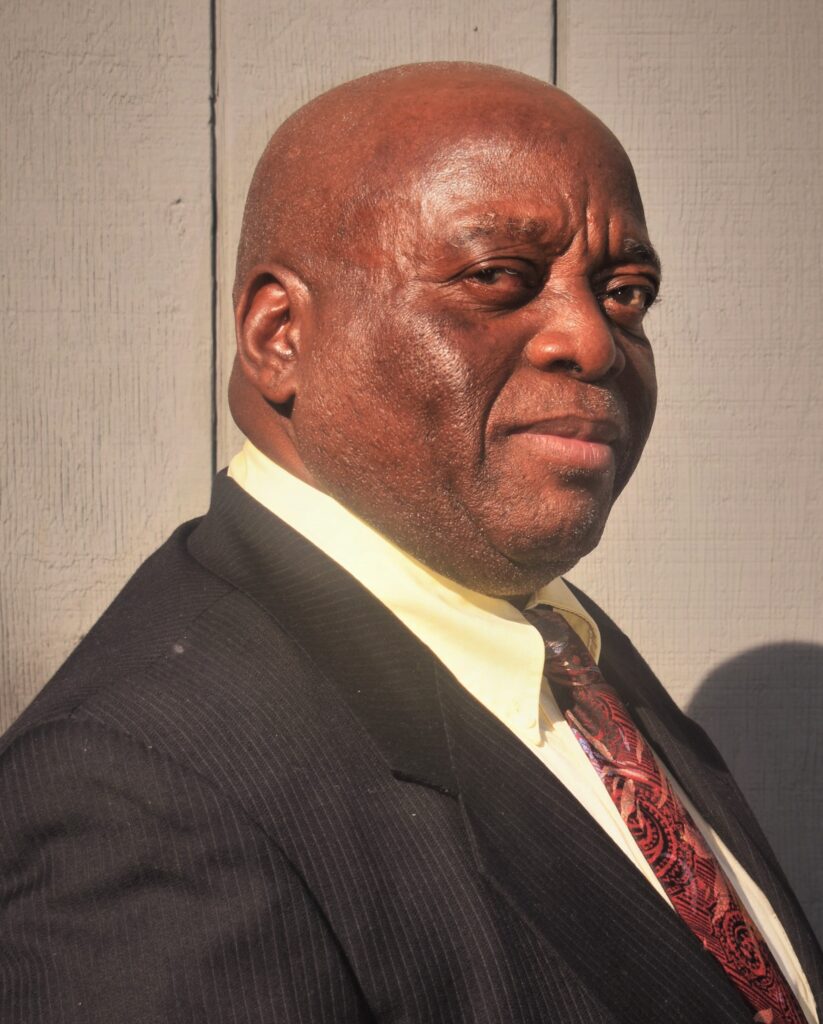by Mwizenge S. Tembo, Ph. D.
Emeritus Professor of Sociology
“I Would Rather Know It Than be Threatened by It.” Mwizenge S. Tembo, September 6, 2005
One afternoon during my forty years as a professor teaching in college, one of my very curious and enthusiastic students Christina showed up in my office during my office hours. She had questions for me. What did I think of the Egyptian Civilization, racism, my perspective on gender, sexism and the oppression of women in American society? What about homosexuality, religion, and what was my point of view on abortion? It was such a rare instance where a student has taken several classes with a professor, and they have come to feel so comfortable and trusting of them that they can ask any questions without fear. I loved our conversation just as every professor would.

I explained my understanding of the topics and mentioned the various scholars who have addressed the issues some of whom whose books were among the three thousand books that surrounded the walls of my office. One thing I told her is that she and other students in my classes would never know my opinion on some of the more controversial topics such as abortion. Because once I revealed my opinion, she and other students would never write freely or hold free open class discussions because they would be afraid to contradict my opinion. As a good professor, I never expressed my personal opinions in class as a matter of principle.
As our animated discussion went on back and forth, at the crescendo of expressing my deep and passionate interest in academic knowledge, I said spontaneously: “I would rather know it than be threatened by it!!” Christina and I paused for thirty seconds. I explained to her that my philosophy of knowledge during my entire life was embodied in what I had just said to her in the heat of the moment. Human beings including myself have always been afraid of what we do not know. Once you truly know it, whatever you are afraid of will not be a threat anymore. And that is why good education is truly liberating of the mind, body, and spirit. That day of our conversation was September 6, 2005 at the height of Katrina hurricane that devastated New Orleans.
That fear of the unknown appears to threaten many people in America today applies to the Critical Race Theory. The CRT goes back to the famous sociologist William DuBois in early 1900s and the very radical Franz Fanon. Academic scholars including one Aulette (2018) today explains CRT as the reality that racism has been around for centuries since the 1600s and that it is deeply embedded in all major institutions such as religion, marriage and the family, schools, colleges, universities, in employment and corporations, policing and the legal systems, segregated residential neighborhoods, banks, Hollywood movies, entertainment, and sports. All of this means that racism will not easily be eradicated. The book: “The New Jim Crow” devoted itself to and is very convincing and provides ample evidence that racism will be very difficult to eradicate.
Another tenet of CRT is that racism is such a deep and normal part of society that to most white people and many people of color racism is invisible and normal. Racism is so normal in American society that it is akin to asking a fish that is swimming deep in the ocean: “How is the water?” That fish will probably respond with surprise: “What water?” Fish do not notice that they are swimming in water.
The reality and the history that racism is deeply embedded in American society ought not to be controversial or cause too much disagreement. Racism that has been around for centuries was also embedded in the rest of the Third World through European or Western colonialism and imperialism in Asia, South America, and Africa. This part of the discourse is what might cause some Americans resentment as the author might appear to be piling on America or to be needlessly anti-American. The critics would rather I accentuated American exceptionalism. To the contrary, this is not piling on or hating America. This should be part of the knowledge that all patriotic Americans should learn. We can sure learn about CRT and still love our country.
Teaching about CRT is causing anxiety both in K – 12 and perhaps in college among conservative pundits. Some states, including Texas, have already tried to legislate against CRT in schools. Gov. Greg Abbott of Texas signed into law a bill which is likely to create mandates which will dictate to teachers what they can and cannot teach about CRT. Creating mandates is the prerogative of the School District Boards. But telling teachers what they can or cannot say may not be the best approach. Teachers and creators of syllabi in K-12 schools including colleges are so experienced that they should be trusted to know how to teach delicate subjects to their students. It was Oprah Winfrey who once said that even though she was a powerful African-American TV broadcaster at the height of her career, she could not show Civil Rights Movement protests on her program every day. In the same way teaching CRT ought not to be so radical that students would not learn or enjoy learning the subject in the classroom.
Just as I would not feed a hamburger to a one-month-old baby, teachers from kindergarten to college professors can be trusted to know how to teach delicate but unnecessarily controversial subject such as the Critical Race Theory.